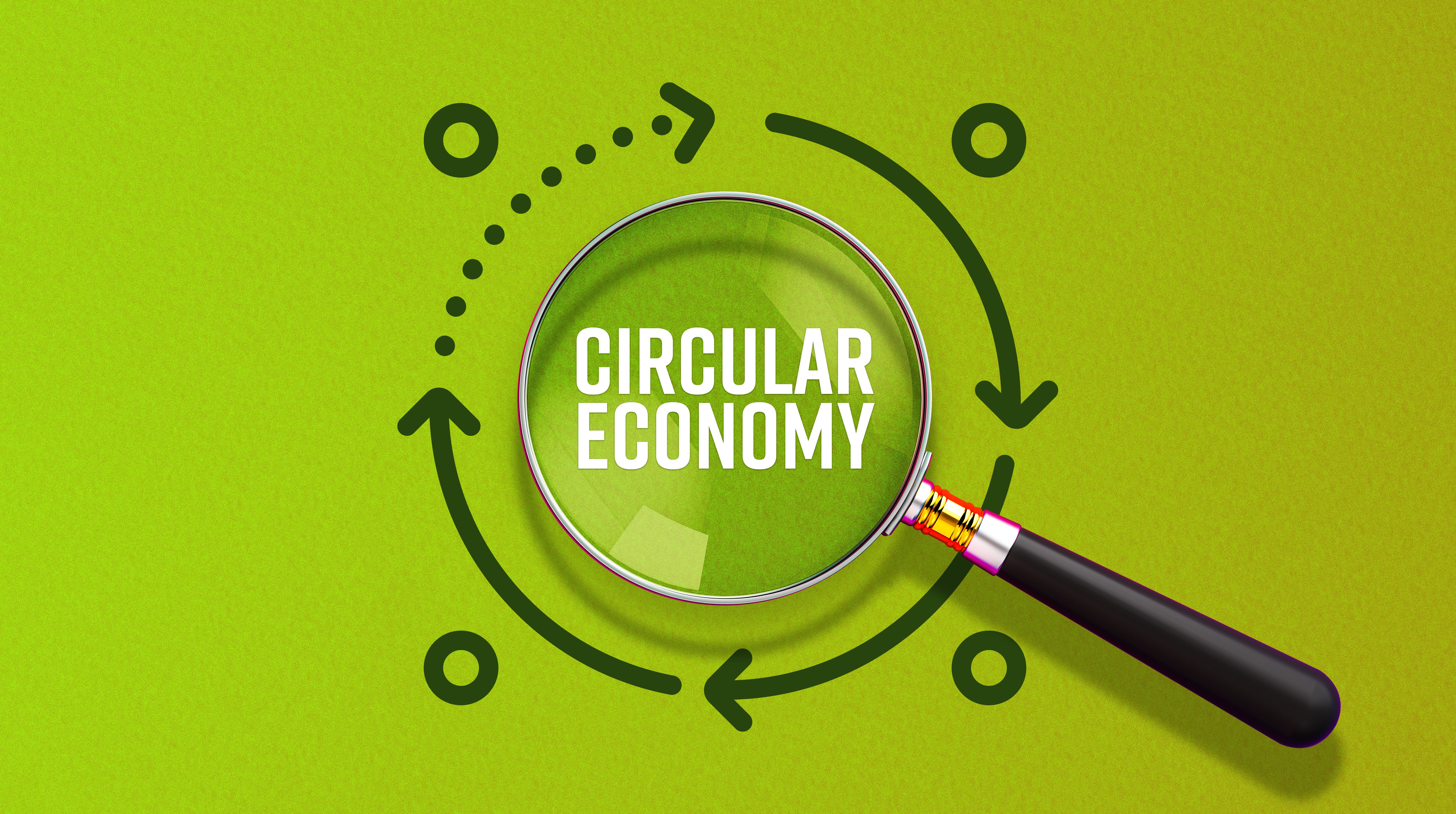Investing in a Sustainable Future: Funds Targeting Food Waste Reduction and Circular Economy Solutions
Understanding the Impact of Food Waste
Food waste is a colossal global issue that not only squanders precious resources but also contributes significantly to environmental degradation. According to the United Nations, approximately one-third of all food produced globally is wasted each year, translating to nearly 1.3 billion tons. This wastage not only represents a loss of valuable resources but also contributes to greenhouse gas emissions, as decomposing food in landfills releases methane.

Addressing food waste is essential in creating a sustainable future. By focusing on innovative solutions that target this issue, we can significantly reduce environmental impacts while also promoting economic and social benefits. This is where investing in funds dedicated to food waste reduction becomes crucial.
The Rise of Circular Economy Solutions
The circular economy is an alternative to the traditional linear economy, which follows a 'take, make, dispose' model. Instead, the circular approach aims to minimize waste and make the most of resources. By keeping products and materials in use for as long as possible, the circular economy seeks to design out waste and pollution from the system.
Investing in circular economy solutions not only benefits the environment but also presents lucrative opportunities for investors. Funds that target circular economy practices are increasingly gaining traction as they promise both sustainable impact and financial returns. From recycling initiatives to sustainable packaging solutions, these investments are paving the way for a greener future.

Investment Opportunities in Food Waste Reduction
There are several promising avenues for investing in food waste reduction. Here are some of the key areas where investors can make a significant impact:
- Technology Innovations: Startups are leveraging technology to reduce food waste through smart inventory systems, AI-driven demand forecasting, and blockchain for supply chain transparency.
- Sustainable Packaging: Companies are developing biodegradable and reusable packaging solutions to minimize waste.
- Redistribution Networks: Platforms that connect surplus food with those in need are creating efficient distribution networks to reduce waste.
The Role of Government and Policy
Government policies play a pivotal role in advancing food waste reduction and circular economy initiatives. By implementing regulations and offering incentives, governments can encourage businesses and investors to adopt more sustainable practices. Policies that focus on waste reduction targets, tax incentives for sustainable practices, and funding for research and development can significantly drive progress.

Moreover, public awareness campaigns and educational programs can foster a culture of sustainability, encouraging individuals and businesses alike to take responsibility for their environmental impact.
Measuring Impact and Returns
Investors are increasingly interested in measuring the impact of their investments, not just financially but also environmentally and socially. Funds targeting food waste reduction and circular economy solutions often incorporate impact measurement frameworks that assess their contributions to sustainability goals.
These frameworks help investors understand how their investments align with broader environmental objectives, such as reducing carbon emissions or conserving resources. By providing transparency and accountability, impact measurement enhances investor confidence and drives further investment into sustainable initiatives.

The Future of Sustainable Investing
Sustainable investing is no longer a niche market; it is rapidly becoming mainstream as more investors recognize the potential for positive impact and financial returns. Funds focusing on food waste reduction and circular economy solutions are at the forefront of this movement, offering innovative ways to tackle pressing environmental challenges.
As awareness grows and technology advances, these investment opportunities will continue to expand, offering both environmental benefits and financial rewards. By investing in a sustainable future today, we can ensure a healthier planet for generations to come.
